Best Cardiologists in Artemis Hospital Gurgaon
 10 December,2025
Read More
10 December,2025
Read More
Starting From: USD 2700-3600
Procedure Type: Surgical Procedure
Hospitalization Days: 5-15 Days
Procedure Duration: 3-10 Hrs
Recovery Time: 4-12 Weeks
Success Rate: 98%
Heart failure surgeries in India involve heart surgery such as pacemaker/CRT, CABG, valve repair, LVAD, and heart transplant. Heart failure surgery price in India ranges depending on certain factors. The simplest implants (devices) and bypass costs amount to USD 1,800-7,800, while more complex surgeries such as LVAD and transplant cost USD 23,700- 80,000+. Depending on the procedure, the success rates range between 90-98 % in the case of bypass/CABG and ~70-90% in the case of transplants.
Heart failure is a condition where the heart fails to pump sufficient blood that the body requires. It does not cease beating, but it becomes inefficient because of weakness or stiffness of the heart muscle. It leads to the congestion of blood and fluid in the lungs, legs, or abdomen, leading to such symptoms as shortness of breath, swelling, fatigue, and rapid heartbeats.
It can start on the left-hand side, causing lung congestion, or on the right-hand side, causing swelling of the extremities, and it commonly spreads to both sides. These are generally due to coronary artery disease, hypertension, valve disease, cardiomyopathy, and arrhythmia. Despite its chronicity, heart failure is managed through lifestyle changes, medications, devices, and surgery, which includes heart failure surgery to facilitate heart restoration.
The cost of major heart procedures in India varies depending on hospital type, device complexity, and location:
These estimates cover surgery, hospitalization, device fees, and routine follow-up; advanced techniques, longer ICU stays, or complications may increase costs.
Several factors influence the cost of heart failure surgery in India:
|
City |
Min (INR) |
Max (INR) |
Min (USD) |
Max (USD) |
|
Delhi |
INR 2,50,000 |
INR 12,00,000 |
USD 3,000 |
USD 16,500+ |
|
Mumbai |
INR 2,50,000 |
INR 12,00,000 |
USD 3,000 |
USD 16,500+ |
|
Bengaluru |
INR 2,50,000 |
INR 12,00,000 |
USD 3,000 |
USD 16,500+ |
|
Chennai |
INR 2,50,000 |
INR 12,00,000 |
USD 3,000 |
USD 16,500+ |
|
Hyderabad |
INR 2,50,000 |
INR 12,00,000 |
USD 3,000 |
USD 16,500+ |
City variations reflect hospital type and facility upgrades.
Here is a comparative overview of pediatric heart surgery treatment costs across various countries:
|
Country |
Approx. Range (USD) |
|
India |
USD 2,700 – USD 3,600 |
|
Turkey |
USD 7,000 – USD 15,000 |
|
UAE |
USD 7,000 – USD 15,000 |
|
Thailand |
USD 1,200 – USD 2,200 |
|
UK |
USD 50,000 – USD 1,50,000+ |
|
USA |
USD 50,000 – USD 1,50,000+ |
India remains around 70–80% more affordable than Western nations for major heart procedures like bypass, valve repair, LVAD, or transplants.
Most health insurance policies in India cover these surgeries, including implants and transplants. Critical illness riders offer lump-sum payouts. EMI options are available via providers like Bajaj Finserv.
For those without insurance, many leading hospitals collaborate with financial institutions to provide easy EMI plans at zero interest, helping families manage expenses without financial strain.
MediJourney connects patients with accredited cardiac hospitals in India known for safe, effective outcomes.
We manage everything—from hospital appointments and medical visa assistance to travel, stay, and coordinated pre- and post-surgery care. Our team simplifies the process so patients can focus on recovery, not logistics.
MediJourney ensures fast, compassionate support throughout the treatment journey. We also provide structured post-operative follow-up to ensure continuity of care.
Answer: Yes, advanced device-based treatments such as CRT, ICD, and LVAD are widely available at leading cardiac centers in India. CRT/ICD devices typically cost INR 5–12 lakhs (USD 6,000–16,500), while LVAD surgery ranges from INR 20–35 lakhs (USD 23,700–41,500).
Answer: Minimally invasive or robotic-assisted heart surgeries generally increase the base heart failure surgery cost in India by 20–30%. However, they offer faster recovery, shorter hospital stays, and reduced post-op discomfort.
Answer: Yes, many hospitals offer no-cost EMI options through financing partners like Bajaj Finserv. This helps patients manage the cost of heart failure surgery in India with flexible, monthly installments based on their financial situation.
Answer: The average heart failure surgery cost in India varies by procedure. Device-based surgeries and CABG range from 2.5–6 lakhs INR (USD 3,000–9,000), while LVAD implants and heart transplants can cost 18–35 lakhs INR (USD 24,000–41,000).
Answer: The heart failure treatment cost in India usually covers pre-operative consultations, diagnostic tests, operation theatre charges, the device (if applicable), hospital and ICU stay, surgeon fees, post-operative care, and medications.
Answer: Recovery varies by procedure. Patients undergoing device implants or CABG typically recover in 4–12 weeks. For heart transplants, the full recovery period may extend to 3–6 months, including rehabilitation.
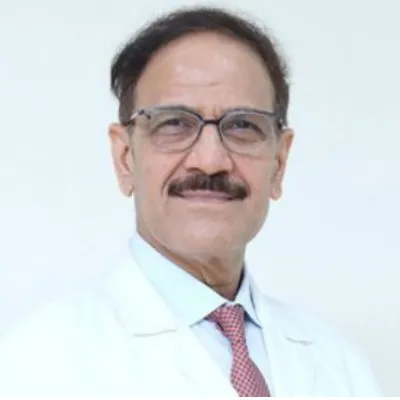
Chairman
Interventional Cardiologist
BLK-Max Super Speciality Hospital, New Delhi
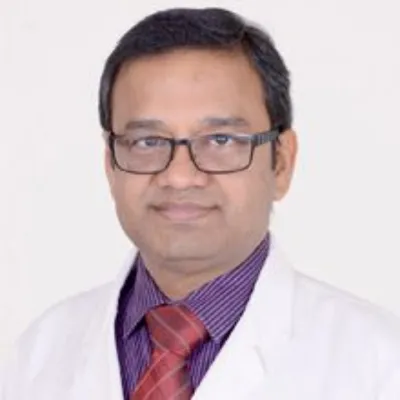
Director
Cardiologist, Interventional Cardiologist
Max Super Speciality Hospital, Saket, New Delhi
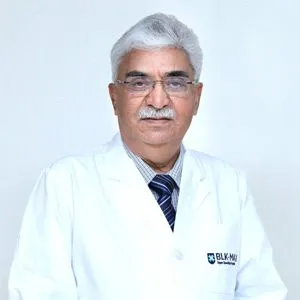
Chairman
Cardiac Electrophysiologist, Interventional Cardiologist
BLK-Max Super Speciality Hospital, New Delhi
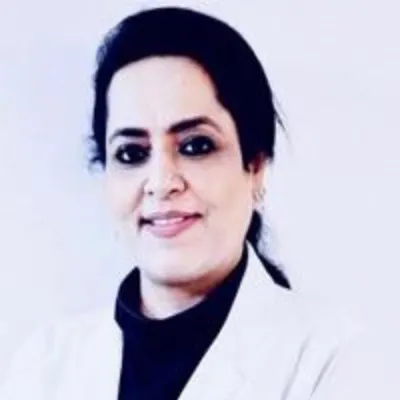
Consultant
Interventional Cardiologist
Indraprastha Apollo Hospital, New Delhi
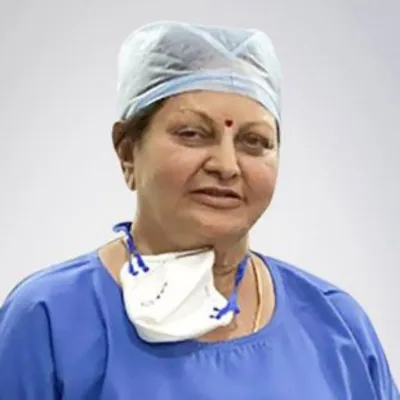
Head of Department (HOD)
Cardiologist
Nanavati Super Specialty Hospital, Mumbai
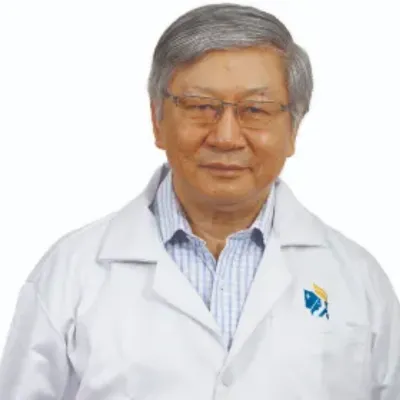
Consultant
Interventional Cardiologist
Apollo Hospital Chennai, Greams Road
Doctor of Pharmacy
Dr. Deepanshu Siwach is a skilled clinical pharmacist with a Doctor of Pharmacy degree.?He has 4+?years of experience and has worked with thousands of patients. He has been associated with some of the top hospitals, such as Artemis Gurgaon.
Dr. Deepanshu Siwach is a skilled clinical pharmacist with a Doctor of Pharmacy degree.?He has 4+?years of experience and has worked with thousands of patients. He has been associated with some of the top hospitals, such as Artemis Gurgaon....
Dr. Aseem Ranjan Srivastava is an experienced Pediatric Cardiothoracic Surgeon specializing in Minimal Access and Robotic Cardiac Surgery. He strongly recommends prompt corrective repair when possible....
The Art of Effective Communication
 10 December,2025
Read More
10 December,2025
Read More
 09 December,2025
Read More
09 December,2025
Read More
 05 December,2025
Read More
05 December,2025
Read More
 04 December,2025
Read More
04 December,2025
Read More
 27 November,2025
Read More
27 November,2025
Read More
 25 November,2025
Read More
25 November,2025
Read More